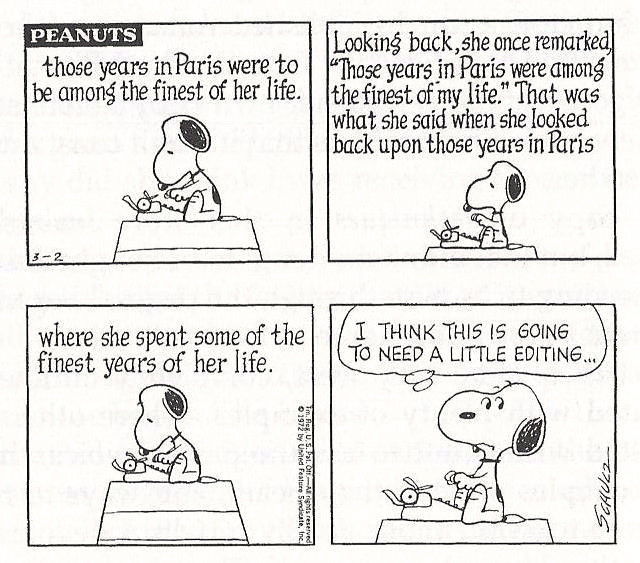Since Karen wrote a blog on dialect I thought this video was appropriate this week.
Take a deep breath and for seven minutes be mesmerized by the language differences around the world.
If you are writing a novel set in one of these places…be very careful with your regional research!
Wow.









